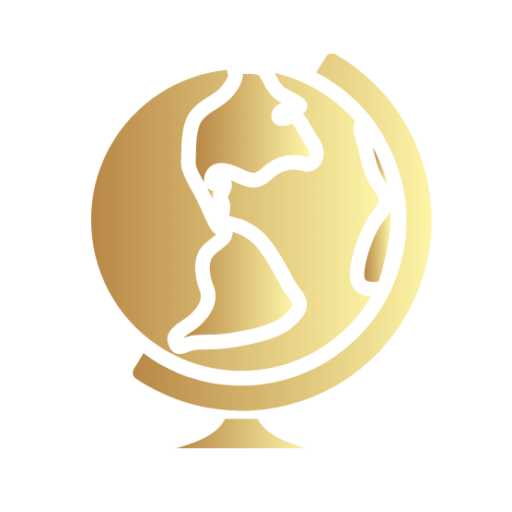“Are you considering moving to Panama as part of your retirement?”
The question made me pause. If I’d let my natural facial reflexes go, my eyes would probably squint, my head tilt, and my mouth drop open. I would have that face of an annoyed teenager reacting to a question asked by a well-meaning parent as she says “whaaat?”
But I wasn’t annoyed. My colleague had simply put two facts together—that my husband and I were taking a trip to Panama, and that I left my demanding investment management position last summer—and was testing a reasonable hypothesis that the two might be linked.
They aren’t.
We went to Panama as part of our love of adventure travel in countries on the brink of big economic change. We immersed ourselves in the historical significance of the famed canal, hiked beaches that will be lined with condo developments within three years, and zip-lined in the highlands around Boquete.
In our trip planning, we discovered that Panama does indeed top the lists of retirement destinations. With only three million people, generous tax incentives, quality health care, and infrastructure that connects a booming metropolis with beaches and mountains, it’s understandable that Panama would be a top retirement destination.
Assuming you are retiring. “Retiring” is defined as “the act of ending your working or professional career.”
I am not retired.
Frankly, I think it’s a word that needs to be redefined. Or retired.
Traditionally, “retirement” applies to when you reach a certain age, and government and corporate plans kick in to offset your paycheck with monthly benefit payments. Financial services firms have countless products and services set up around this life stage.
With Social Security and a pension, my grandparents retired. My mother would love to, but sans pension it would be a struggle.
As a Gen X-er, I have never considered that government or corporate benefits would be part of my personal finance equation.
But retirement is more than numbers. It’s about how you define “work” and your “professional career.” And there can be more than one.
Those that know me well are less likely to ask if I am retired. The more common question is “so have you figured out what you’ll do next?”
It is often followed up with suggested options—Do you think you’ll work for a non-profit? Do you want to work for an impact investing firm?
My answer is yes—I have identified what I want to do next. And it’s what I am doing now.
Let me explain. I can’t help but do this in investment terms.
What I have and would like for the foreseeable future is to manage my own diversified portfolio of “work.”
Focus is important for me, so I’ve chosen three areas of interest for my work– leadership development, girls’ education and empowerment, and global investing. Areas where these three intersect are particularly fascinating.
I am a natural connector and networker, a global traveler, and my expertise is strategy, sales, and marketing. When I can bring these skills to my areas of interest, it feels incredible. I see it as paying forward the gifts I’ve been given in my career.
Some of my work is paid; when payment is not possible but I am drawn to the work, it may be unpaid. I might coach an individual, or take on a consulting or advisory assignment with a for-profit or non-profit organization. My work also includes investing in private companies and funds, and I share my expertise if it can improve the business or performance.
I want to learn about sustainable and impact investing. I want to be a better writer, speaker and leader. I want to support those I care about in their own career and life transitions. I want to travel. And I want to achieve some important personal goals.
The composition of my portfolio of work will change over time–activities that may be over-weighted today will be under-weighted tomorrow. And sometimes I do a little rebalancing.
While this approach is not mainstream, it is certainly growing. I purposefully surround myself with people who’ve had multiple careers and think about their life as a diversified portfolio. Over a glass of wine, former Cisco strategist Ayalet Baron shared with me her thesis on “lifeworking” being the future of work.
Have I discovered the next big thing?
I found others beyond my circle are not only on to this trend, but have written about it. In fact, back in 1989 in his book The Age of Unreason, Irish author Charles Handy predicted that businesses would soon be smaller and the workforce would be comprised of “portfolio people.”
Handy describes a “portfolio person” as one with a multifaceted career comprised of different types of work that include fee work, salary work, and gift work.
So while I am not the Magellan of this concept, I am an early pioneer. I still haven’t nailed how to succinctly answer the question “so what do you do?” And I haven’t settled on what to put in the form box “Occupation.”
Maybe next time I will answer “Portfolio Manager.”
Photo courtesy of www.neilbarris.com


Recent Comments